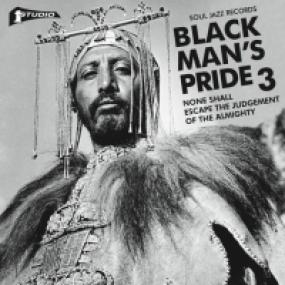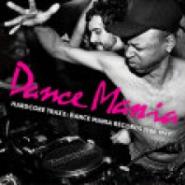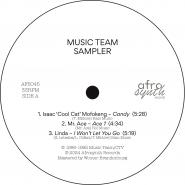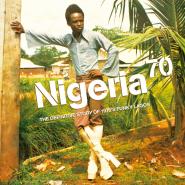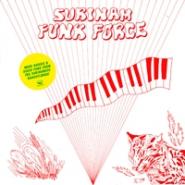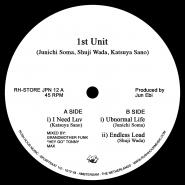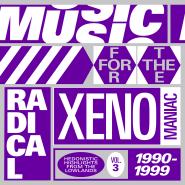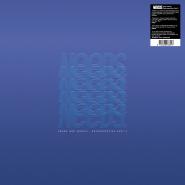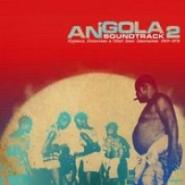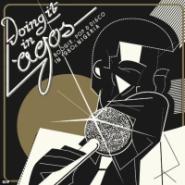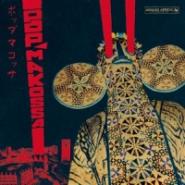BLACK MAN'S PRIDE 3: NONE SHALL ESCAPE THE JUDGEMENT OF THE ALMIGHTY by V/A
| SKU | 107191 |
| Artist | V/A |
| Title | BLACK MAN'S PRIDE 3: NONE SHALL ESCAPE THE JUDGEMENT OF THE ALMIGHTY |
| Label | SOUL JAZZ RECORDS |
| Catalog # | SJRLP 421 |
| Tag | |
| Release | W 48 - 2018 |
| Format | Vinyl - UK2LP |
| EAN Barcode | 5026328004211 |
| € 26,50 | incl. VAT, excl. shipping |
Tracks
- Horace Andy - Conscious Dreadlocks
- The Gladiators - A Prayer To Thee
- Freddie McGregor - Beat Down Babylon
- The Manchesters - Selassie Bandman
- The Mellodies - Dread Oppression
- Big Joe - Jah Jah Help Us
- Horace Andy - Oh Lord Why Lord
- Lloyd Jones & The Super Natural Six - Get Up and Try
- Wailing Souls - Can't Catch Me
- The Nightingales - Jehovah
- Alphonso Stewart - Its No Secret
- Errol Dunkley - Satisfaction
- Mr Manchester - Give Natty Dread Glory
- Sugar Minott - Wrong Doers
- Noel Campbell & The Gladiators Band - Sufferation
- African Brothers - No Cup No Brock
- Zoot Simms - When The Time Comes
- Glen Miller - Whey No Dead
Description
This is the latest new installment of Soul Jazz Records’ on-going collection of Rastafarian music at Studio One, featuring classic material from legendary roots and culture artists!Black Man’s Pride explains the links between the ideology of Clement Dodd at Studio One and the Rastafarian faith, which was the creation of Afro-Jamaicans and concerned above all else with a black consciousness and empowerment, a rediscovering of the personal and racial identity of black people. The movement began in the 1930s and, in tandem with this black consciousness, called for a rejection of the British imperial culture that dominated Jamaica, while creating an identity based on a re-appropriation of an African heritage.
The Rastafari movement was like a pivot, bringing together and balancing many vectors of ideologies. Marcus Garvey’s Back to Africa movement, trades union discourse, anti-colonialism and nation independence, maroon self-definition and independence, the spirit of African rebellion in the Caribbean. For Clement Dodd, a black man and producer growing up in Kingston in this era, Rastafari was simply a part of his everyday world – from witnessing Count Ossie’s grounations to the faith of many Jamaican artists at Studio One – from the Skatalites onwards.

